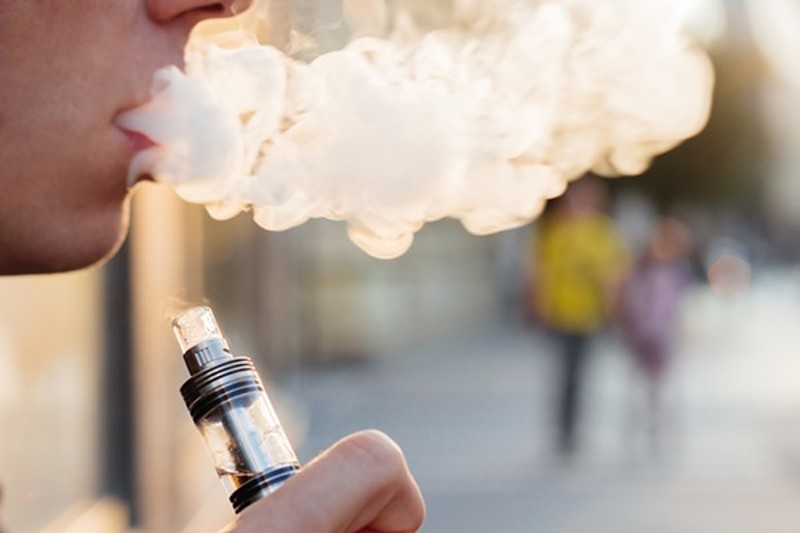
States that legalized marijuana may have avoided the worst outcomes from a respiratory disease outbreak tied to unregulated cannabis vaping products, a federally funded study found.
In late 2019 and early 2020, a vaping-related lung disease called EVALI led to 68 deaths and nearly 3,000 hospitalizations in the United States. The Centers for Disease Control and Prevention later linked the ailment to a Vitamin E acetate found in black market THC vape concentrates.
The new study published in the journal Drug and Alcohol Dependence and reported on by online news site Marijuana Moment found that the frequency of EVALI cases was lower in states where cannabis is legal for adults or where users of medical pot are allowed to grow their own.
Meanwhile, states with the highest number of EVALI cases tended to be those with blanket bans on pot use or prohibitions on medical cannabis patients cultivating their own.
The study concludes that the harm from the black market vaping products was lessened in states where weed users could obtain legal, regulated alternatives.
“Simply put, if the public can obtain products legally from reputable sources, there is less demand for illicit products,” the report states.
Cannabis remains illegal under Texas law, except for those suffering from medical conditions including cancer and PTSD. During the time covered under the study, however, the Lone Star State's medical weed laws were even more strict.
It's unclear from the analysis how Texas' prohibition played into its number of EVALI cases. There's no data from Texas to indicate how many of its cases required hospitalization during the study period, the authors note.
Michigan legalized cannabis for medical use in 2008 and adult use in 2018, though it did not have many recreational retailers at the time of the study.
A version of this story was originally published by our sister paper, San Antonio Current. It is republished here with permission.
Stay connected with Detroit Metro Times. Subscribe to our newsletters, and follow us on Google News, Apple News, Twitter, Facebook, Instagram, or Reddit.

